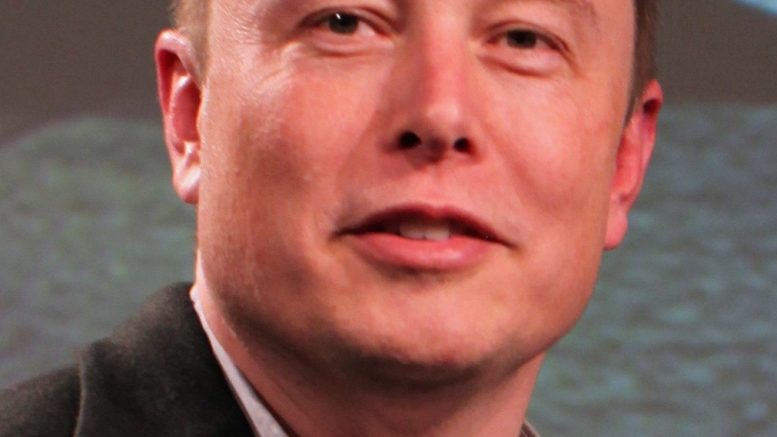Elon Musk is a man with a dream.
And the dream is the stuff science fiction is made of: Musk, the billionaire founder and CEO of SpaceX, explained his goal to colonize Mars with a self-sustaining population of a million people starting in 2022 at the International Astronautical Congress in Guadalajara, Mexico.
His dream revolves around an enormous rocket named the Heart of Gold (a Douglas Adams reference) where anyone can be a passenger for a paltry US$200,000 per ticket. The spacecraft could hold 100 people per trip, and ideally, the rocket would perform a relatively routine round trip from Earth to Mars. The trip to Mars would last around 80 days, and Musk noted that he’s got the fear of boredom covered – he wants the rocket’s crew compartment to have games and movies for the ride. He casually noted that it would “be, like, really fun to go.”
It’s not all fun and zero-gravity games, though. Elon Musk also noted that to be considered a good applicant for both the journey and its destination, you have to be prepared to die, and noted that he would not want to be one of the first people on the red planet.
His methodical approach to a fantastical idea was met with both idolation and skepticism. Chantelle Dubois, a former science editor at the Manitoban, was at the International Astronautical Congress, and told us that the mood was “like being at a concert.”
“It was like Space Black Friday. There wasn’t a lot of preamble before Musk finally took the stage, and of course everyone erupted into cheers and clapping, and quickly quieted down to listen to him talk about his plans,” she said.
While some worried that this was a profit move for Musk, he disagreed with the notion.
“Another moment that sparked a lot of cheering was when he stated he was committed to using his personal assets to getting humans to Mars. It’s exciting that someone has so much dedicated to this goal,” Dubois added.
Flaws in the plan itself have been pointed out, including some wondering why Musk barely touched on the agricultural and biological demands of beginning life on a new planet.
Whether you choose to view Elon Musk’s plans with pessimism or positivity, there’s no doubt that his goals are lofty. Just this month, the world watched as a SpaceX rocket suddenly exploded due to a breach in its helium system. While the year 2022 doesn’t seem so far away, SpaceX has already planned to begin launching astronauts to the International Space Station within the next two years, and plans to send a spacecraft to Mars every two years starting in 2018.





